The Which? Shoddies 2025

The Shoddies are back. This year, the 'awards' we've handed out include those for extortionate annual increases and dodgy pricing tactics, famous names not meeting expected standards, and products that simply aren’t very good at what they’re supposed to do.
Our researchers test thousands of products, survey tens of thousands of customers and expose bad practice through our investigations every year.
We've made it our mission to name and shame dud products, poor value and useless companies, and push for better standards and regulations to help consumers.
All nominations were provided by Which? experts and then debated by a judging panel drawn from around the organisation. Listen to our podcast below or read on to find out the companies and products that have most let down and aggrieved customers in the past 12 months.
Get our expert tips for making smarter consumer choices. Sign up for our free Weekly Scoop newsletter
The winners of this year's Shoddies
Hat-trick of horrors: Virgin Media
Poor customer ratings and a new but still expensive price rise plan earns Virgin Media its third Shoddy in a row. Sharing the bottom of the table for best and worst broadband providers, its most dire ratings were around customer service and support.
A quarter of customers rated it poorly for how easy it is to contact. Virgin Media broadband customers were also the most likely to feel they were receiving poor value for money, giving it just two stars out of five.
We’ve previously criticised Virgin Media for using the higher Retail Price Index inflation measure instead of the more common Consumer Price Index, plus 3.9%, to calculate price increases.
In January, new Ofcom rules banned telecoms firms from using inflation and percentages to calculate price increases. Instead, rises must be stated at the start of the contract, in pounds and pence. Virgin Media introduced a £3.50 a month annual increase, compared with the £3 a month announced by most other broadband providers.
In 2023, Ofcom opened an investigation into Virgin Media following complaints from customers that the company is making it difficult for them to cancel their services. This case is still ongoing.
Better alternative: Zen Internet
Our top-rated broadband brand and perennial Which? Recommended Provider offers excellent speeds, great customer service and fixed prices for the duration of all contracts. For full details, read our Zen Internet broadband review.
Bundle baddies: EE Mobile

EE used the Ofcom rules to levy a £4 a month annual increase for bundled contracts (phone and Sim). No other mobile network is doing this and the next highest rise is £1.80.
Mobile providers say they need to invest in their networks, which could be an argument for increasing airtime (calls, texts, data) prices. But it isn’t fair here as the phone cost is fixed at the start of the contract.
We suspect bundled contracts are being offered when customers fail the credit check for a Flex Pay (split) contract, so while this increase may only impact a small number, it could be a significant cost. EE said it offers contracts to suit customers’ needs and is transparent about price increases. Compare providers in our guide to the best and worst mobile networks.
Better alternative: 1p Mobile
This provider received our Great Value endorsement for affordable Sim-only deals and uses EE’s network infrastructure. To find out about 1p Mobile’s unique pricing tariff and how customers rated it, check out our 1p Mobile review.
Soft on scams: Booking.com
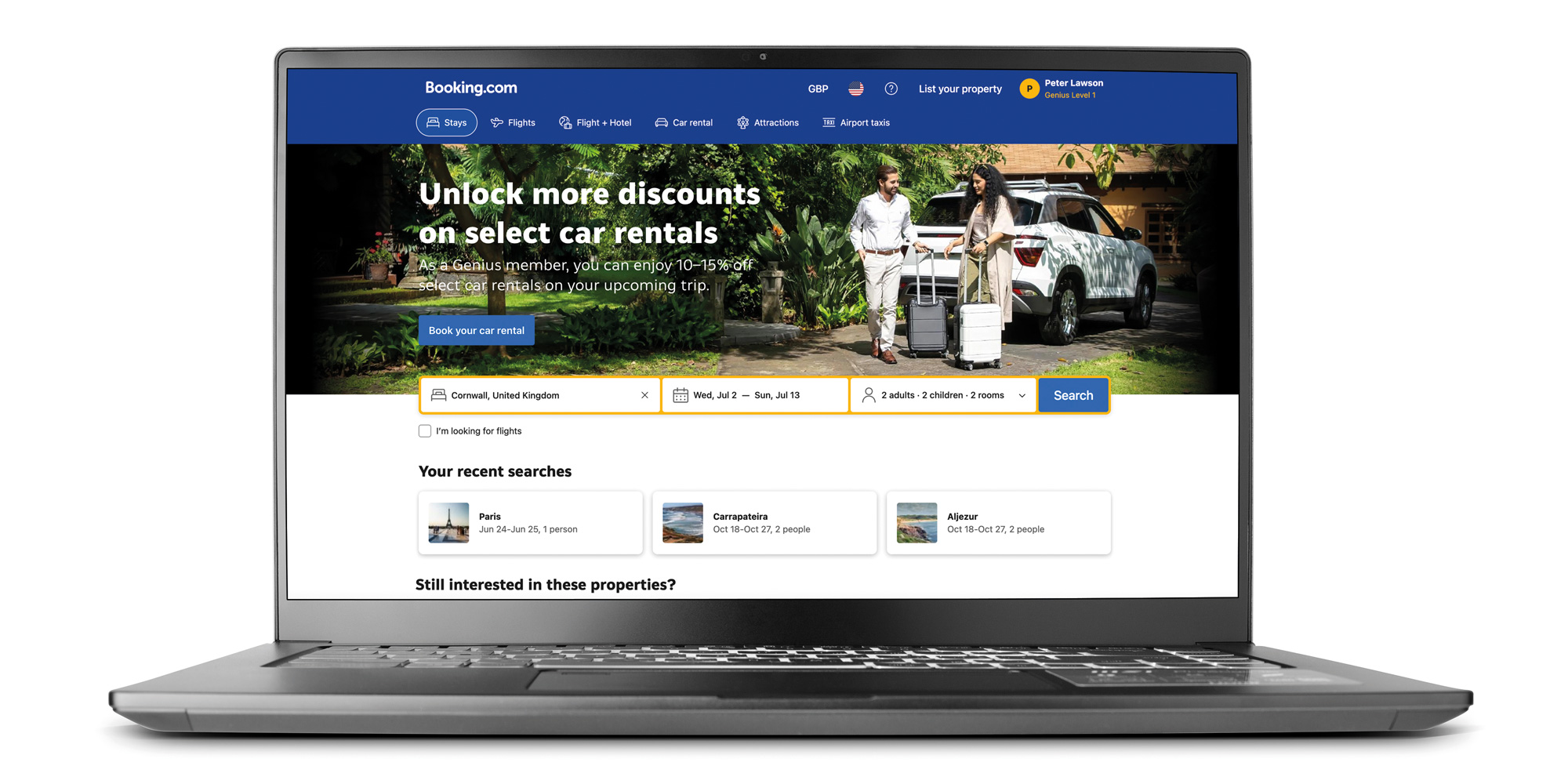
More than a billion nights of accommodation are booked each year on Booking.com and, generally, users have a good experience. The website came out best in our accommodation/hotel booking site survey, with the highest customer score and a solid mix of three and four-star ratings.
However, we’ve received dozens of complaints about scam messages and seen hundreds of online reviews from people who say they’ve been scammed.
This Shoddy is awarded specifically for its approach to minimising and handling scams. Our Booking.com investigation found that it doesn’t do proper identity checks on accommodation hosts, it’s far too easy to hack its messaging system and the reviews system too often shows positive reviews, rather than recent ones that warn a property is a scam.
When contacted to say a scam has occurred, Booking.com will chase your money, but it won’t necessarily refund you itself.
Better alternative: Contact hotels directly
Be careful about where you book, and look beyond the first few reviews.
Suspect snacks: Kiddylicious
Kiddylicious sells products aimed at babies from six months up to kids aged four to five years old. It advertises its products as convenient, promoting self-feeding and keeping hunger at bay. But claims around no-added sugar and allergen-free add an undeserved ‘health halo’, and the majority of its snacks are high in sugar and and marketed in misleading ways.
Many are more akin to sweets which are damaging to teeth, with several classified as confectionery under World Health Organization guidelines. They offer little nutritional value and for babies under a year old, they risk displacing breast milk or formula milk in the diet.
But it's not just Kiddylicious that's guilty of this. There are plenty of other baby foods full of sugar that parents should avoid, according to research compiled by the University of Leeds on a grant provided by the Which? Fund.
Better alternative: Chopped fruit or veg
Most packaged snacks are high in sugar and lack important nutrients. Instead, go for a banana, or chopped fruit or veg, such as apples or carrots. Pair these with houmous or nut butters for something more substantial. A yoghurt, or some cheese with crackers or oatcakes, are also good snack choices for young children.
Rip-off merchants: Ticketmaster
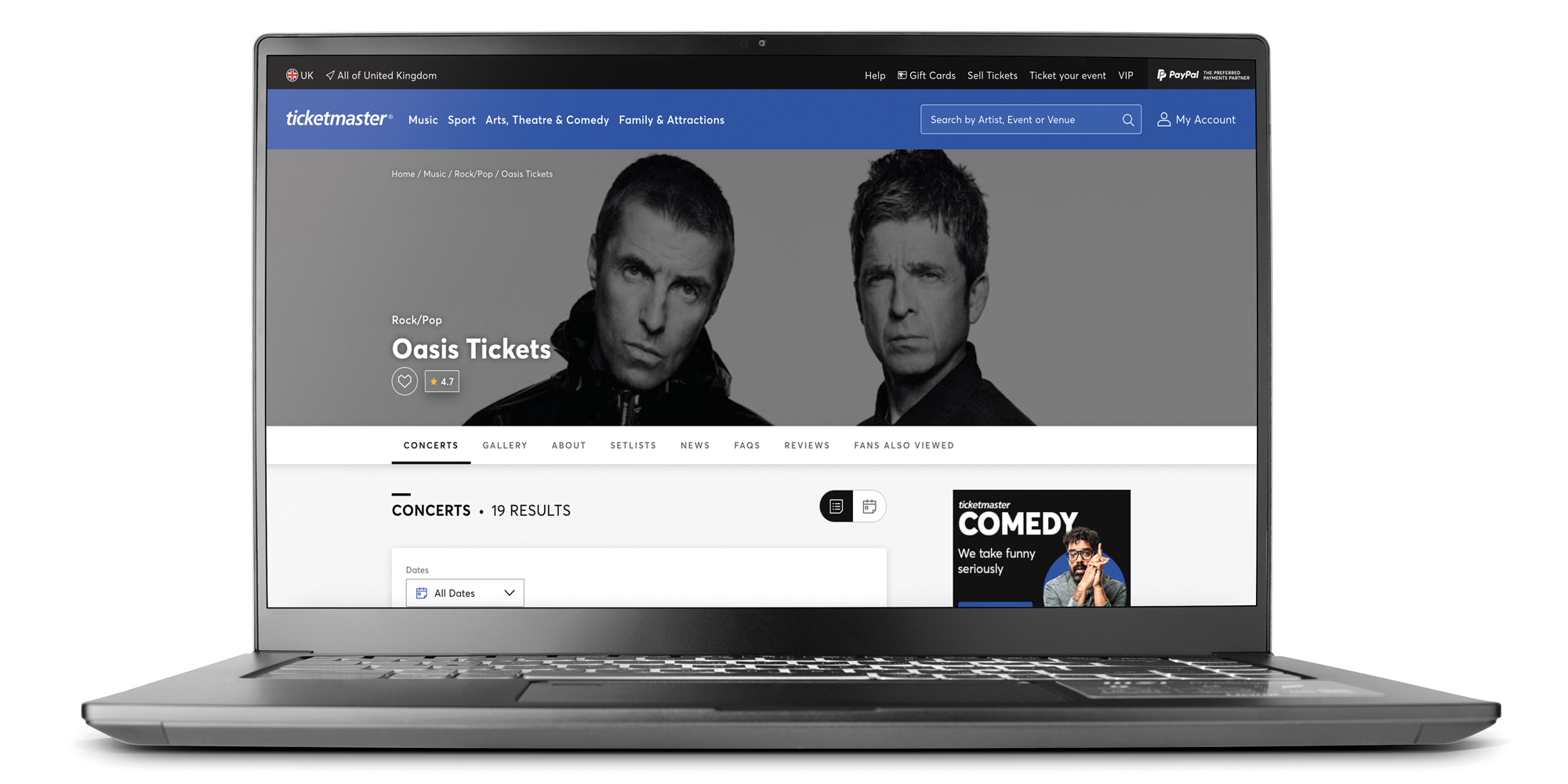
Rather than queuing up for hours in person or relentlessly ringing phone lines, live music fans now have to deal with online ticketing merchants using ‘in demand’, ‘dynamic’ or ‘surge’ pricing.
Ticketmaster sold more than 900,000 tickets to Oasis concerts and we believe they may have breached consumer protection law for two reasons.
First, some seated tickets were labelled as platinum, and sold for nearly two and a half times the standard ticket price. It wasn’t sufficiently explained that there were no extra benefits for buying these seats. Often, they were in the same part of the stadium as regular tickets, but customers may have been misled into thinking platinum were better tickets.
Second, customers weren’t notified that standing tickets were available at two prices, with cheaper tickets sold before the more expensive ones were made available. Fans had to queue without knowing exactly what they would be paying.
The Competition and Markets Authority (CMA) investigated, and agreed with our conclusion that consumer law may have been broken. We’re now calling on the CMA to make sure that Ticketmaster refunds the customers who were impacted.
Better alternative: SeeTickets or Dice
If available, use alternative online ticketing merchants. However, allocation of tickets for events isn’t evenly distributed and will vary by venue.
Collective failure: Home insurance companies

We’ve collectively awarded home insurance providers a Shoddy, as this market ‘leads’ on declining claims, according to Financial Conduct Authority data. In 2023, over a third of buildings insurance claims were declined, while over a quarter of claims made on combined buildings and contents policies were turned down.
While not all providers are terrible, general standards are currently so poor that this is the first year since we started the Which? Recommended Provider endorsement in 2010, that we haven’t awarded one to home insurers.
The general insurance sector (home, car, pet and travel) has also failed to properly support consumers. Many policyholders have experienced confusion over complex terms, lack of pricing transparency and difficulties during the claims process.
Excessive monthly premiums for those who can’t afford to pay annually, exclusions buried in fine print and inconsistent customer service further contribute to a sector that prioritises profit over people, undermining its purpose of providing financial security and peace of mind.
Better alternative: Check independent reviews
Always compare quotes before renewal using trusted comparison sites and direct insurers. Read policy details carefully to understand what’s included and be cautious of very low quotes as they may not come with all the features you need. Never auto-renew, and if staying with your provider, always contact it to negotiate a better rate. Don't forget to sign our campaign to end the insurance rip-off.
The off-road off-roader: Range Rover Evoque plug-in hybrid

Described by Range Rover as ‘captivating, sophisticated and charismatic’, unfortunately despite its style, if the Evoque PHEV breaks down, you’re likely to be off the road for some time.
In our most recent car reliability survey, this plug-in hybrid spent the longest amount of time off the road for repairs of any car. When faulty, it spent more than 20 days at the garage – well above the average of 4.8 days. Some owners were unable to drive their vehicles for nearly a year. It also scored lowest in the satisfaction part of our survey.
Better alternative: Kia Sportage PHEV
The Kia Sportage Plug-in Hybrid scores four stars for reliability and still meets the criteria as a plug-in hybrid large SUV. It averaged 1.7 days off the road when faulty. Take a look at our round-up of the UK's most and least loved cars to see which other cars top our rankings.
Teenage kick in the teeth: Tesco
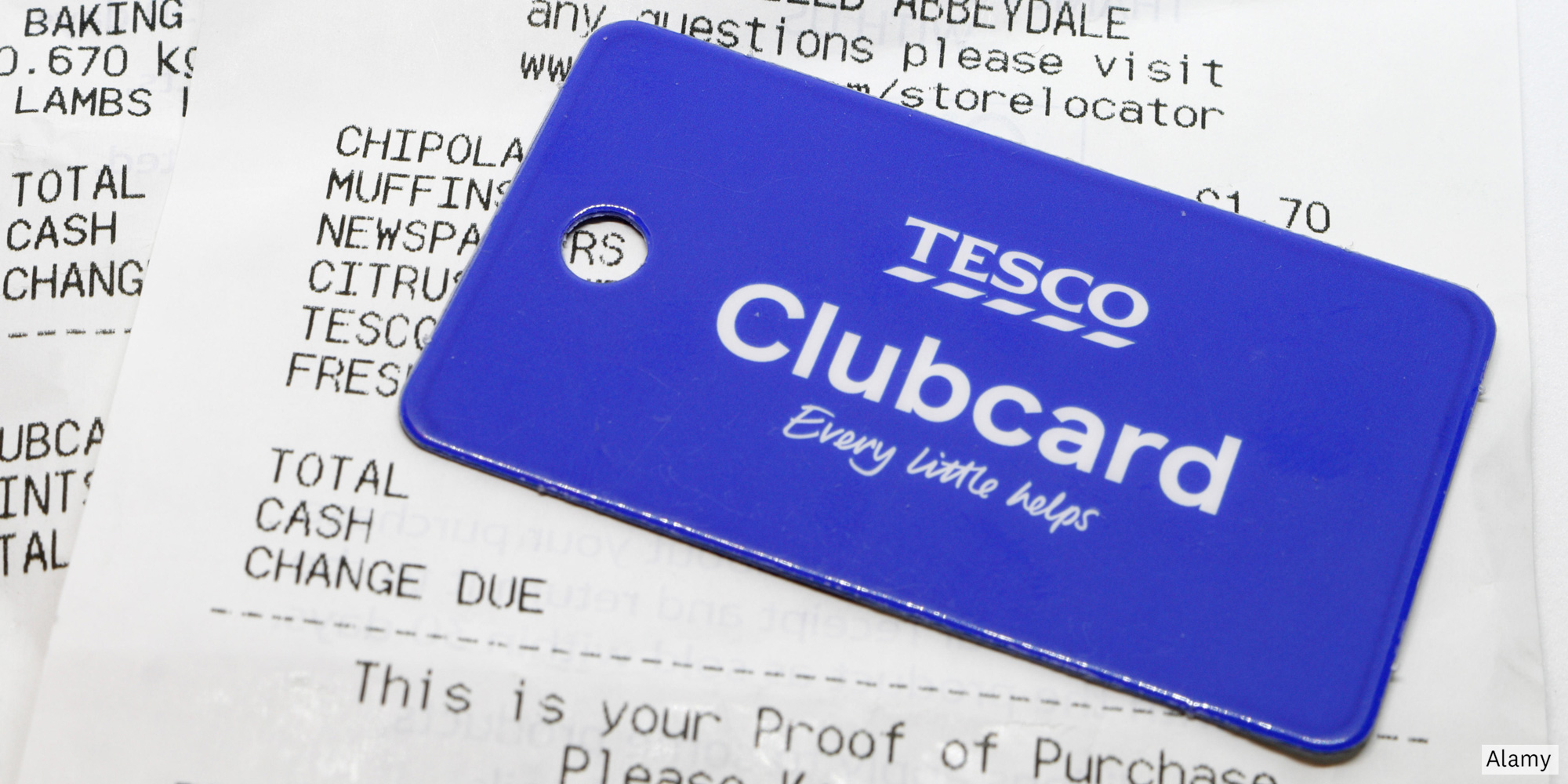
Supermarket loyalty cards have become essential to cutting the cost of regular shopping. However, some retailers have age, address and digital requirements that exclude millions from accessing these savings.
Tesco has the largest market share of UK supermarkets, and its Clubcard’s age restriction is 18, compared with other retailers where members can be as young as 13. This blocks access for younger shoppers to thousands of discounted prices.
It’s 18 and over for Lidl, Morrisons and Waitrose as well, plus Lidl’s card is via an app. These requirements combine to prevent under-18s, people without fixed addresses and those lacking digital connectivity from accessing lower prices at several supermarkets.
Better alternative: Aldi
It doesn’t have a loyalty scheme and regularly offers the cheapest groceries in our monthly price comparison. If you like loyalty schemes, go for the Co-op or Sainsbury’s – they let you join if you’re 16 or over and don’t have digital access restrictions. Find out the cheapest supermarkets in 2025 and how they compare.
Cancel culture: British Airways

The UK’s flag carrier airline, British Airways claims to be ‘connecting Britain with the world and the world with Britain’. However, it performs worse at this than you might expect, and represents poor value for money in the eyes of customers.
For the first time, British Airways was joint-bottom of our long-haul airlines table in the best airlines for 2025. It also cancelled far more flights than most of its rivals at the last minute – 2.55% (May 2024 to April 2025). In separate Which? research (May 2024), it was found to be the worst-rated airline for customer service for the preceding 12 months.
British Airways didn’t fly particularly high in our short-haul rankings, either, landing far nearer the bottom of the table than the top, with two-star ratings for value for money, seat comfort, food and drink, and boarding.
As other airlines look to innovate and improve, British Airways needs to raise its game.
Better alternative: Jet2 for short-haul and Emirates for long-haul
Jet2 is a Which? Recommended Provider with a fraction of the last-minute cancellations of British Airways and is rated far higher for value for money. For long-haul choose Which? Recommended Provider Emirates, if you can, or Virgin Atlantic, for routes Emirates doesn’t cover.
Danger domains: Aliexpress, Amazon, eBay, Etsy, Temu and Tiktok

Online marketplaces are failing to prevent the sale of unsafe goods from third-party sellers on their sites. Over the years we’ve exposed dozens of dangerous products on marketplaces and called for a legal duty to be placed on them.
In 2024, we listed an unsafe plug-in heater that appeared identical to one recalled as far back as December 2022. We were disappointed in the marketplaces’ failure to prevent this from being listed for sale (Amazon, eBay, Etsy, TikTok Shop).
Additionally, dangerous ‘energy saving’ plugs are widely available through sites such as AliExpress, Amazon, eBay, Temu and TikTok Shop. The devices falsely claim ‘stabilising’ voltage and ‘balancing’ electric current will ‘optimise’ the performance of household appliances. They also fail to meet basic electrical safety standards.
Better alternative: Popular and known retailers
We’re calling for the government’s Product Regulation and Metrology Bill to be strengthened. Marketplaces must have a clear legal responsibility for ensuring dangerous products don’t make their way onto their sites, and face tough enforcement when they fail to protect customers.
Extortionate exercise: David Lloyd Clubs
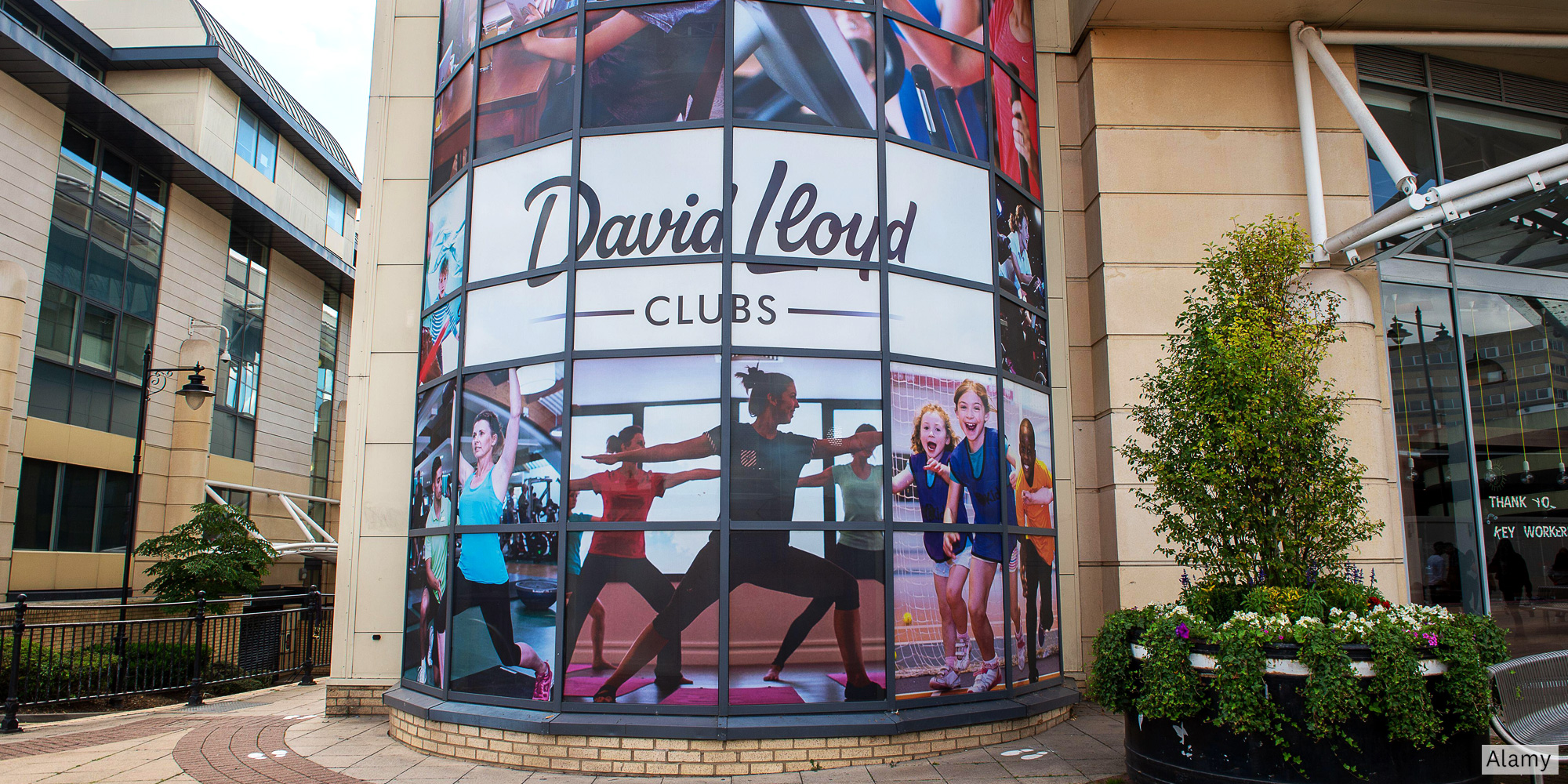
A David Lloyd gym membership is a speedy way to lose pounds from your wallet as well as your weight. In our round-up of the best and worst gyms rated, it came second bottom in our table, based on customer satisfaction and likelihood to recommend, and members rated it just two stars for value for money.
The average standard membership was £131.50 a month, the priciest in our survey by far (Virgin Active and Nuffield Health average £110 and £73, respectively). In some locations, Platinum memberships can cost £259.
Better alternative: Lifestyle Fitness or Fitness First
Try cheaper gyms such as Lifestyle Fitness (£25 a month) or the more premium option Fitness First (£65). Both were rated excellently. However, if David Lloyd is your best option, make the most of the perks and benefits it offers.
Bungling bots: iRobot robot vacuum cleaners
After spending hundreds on a robot vacuum, you expect to be able to get it going, then sit back and relax. Except, it’s got tangled with the rug. Then it’s trapped against a chair leg. Plus, it hasn’t cleaned the corners of the room or sucked up all the dust and cat hair.
Our testing found robot vacuum cleaners to be temperamental, often not following app instructions, and in many cases, not being particularly good at vacuuming. In this underwhelming market, iRobot makes the two worst-scoring models in our test of the best robot vacuum cleaners.
Better alternative: Dyson 360 Vis Nav Robot Vacuum
In our robot vacuum cleaner tests the Dyson 360 Vis Nav Robot Vacuum (£949) was by far the best option. Although expensive, it’s good at vacuuming and isn’t afraid to climb a few raised thresholds. The Eufy Clean X8 Pro with Self-Empty Station (£325) offers a more budget option that works reasonably well for the price.
Dodgy deals: Sports Direct
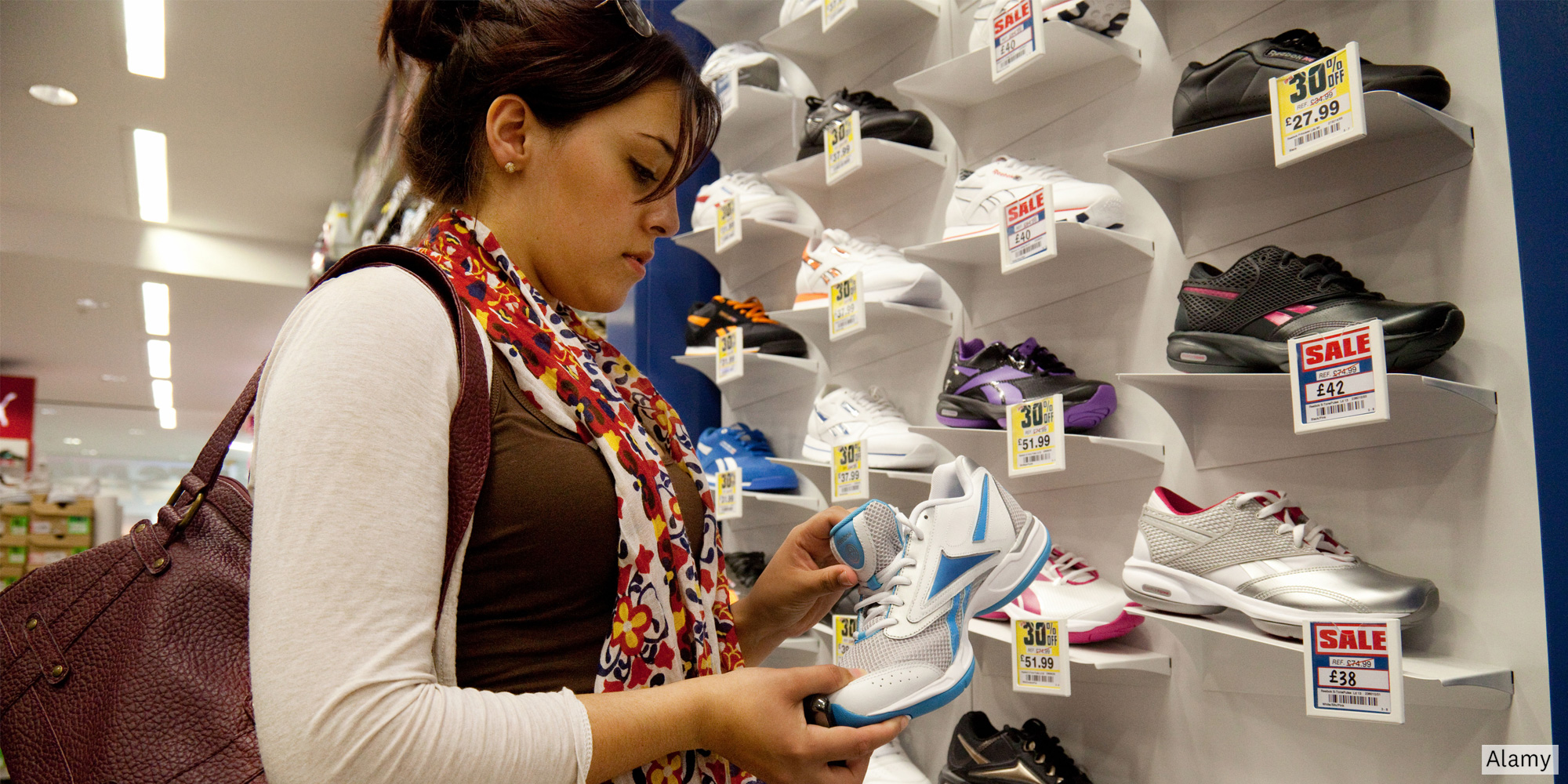
We believe some of Sports Direct’s uses of Recommended Retail Price (RRP) as reference prices may be breaking the law.
The Advertising Standards Authority (ASA) says an RRP should reflect what a product is generally sold at across the market. But our research found examples where no other online retailer was selling at the RRP shown by Sports Direct.
Often, their prices were the same as Sports Direct’s selling price, or lower. This could mislead shoppers about a product’s true value and the savings they’re really making.
Many brands sold by Sports Direct are owned by its parent company, Frasers Group, and for a majority, we couldn’t find them for sale anywhere else online besides other Frasers-owned retailers.
The ASA says that, ‘if a marketer is the only seller of a product, and so has set the price themselves, it’s unlikely to be acceptable to refer to the price as RRP.’ It’s unclear if this is the case here and if it applies to brands owned by the same parent company.
We’ve called on the Competition and Market Authority to investigate.
Better alternative: Be skeptical and go by price, not supposed savings
Take reference prices with a pinch of salt. Look at the actual price and not the claimed discount.


